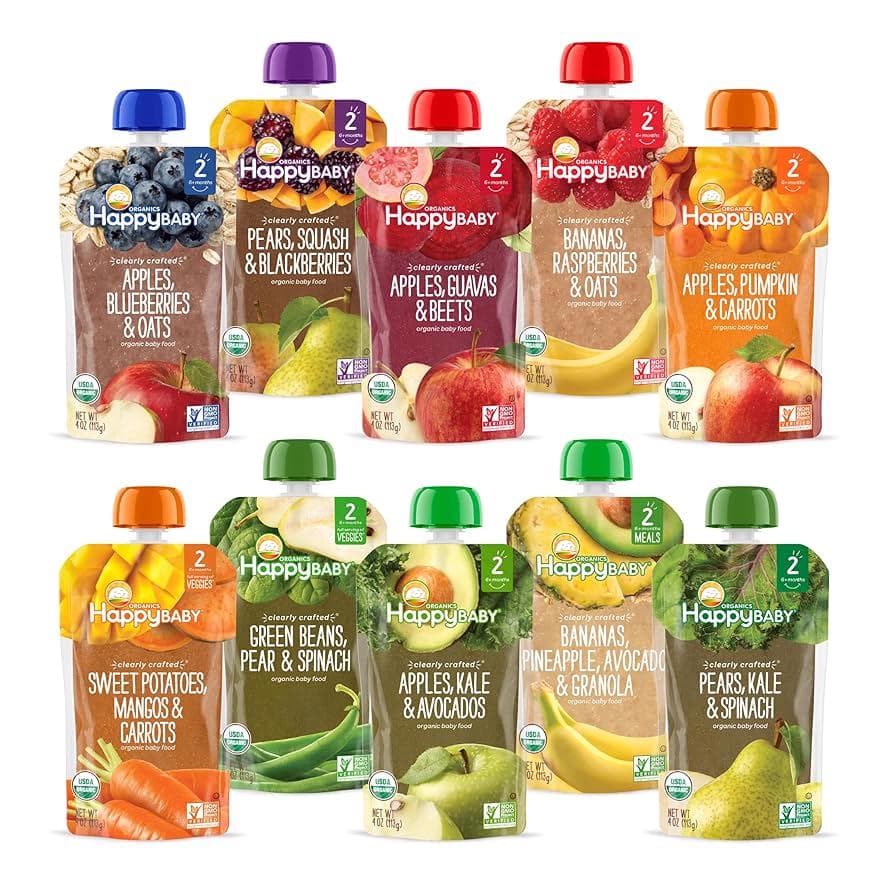

When it comes to cooking oils, not all fats are created equal. While some oils — like olive or avocado oil — provide health-boosting nutrients, others may quietly harm your body over time. The biggest culprits? A group often called the “Hateful Eight Seed Oils.”
These oils are highly refined, stripped of natural nutrients, and disproportionately high in omega-6 fatty acids, which can fuel chronic inflammation when consumed excessively. Inflammation is at the root of many modern diseases, including heart disease, obesity, diabetes, and even cognitive decline.
Here’s the definitive list of the eight seed oils to minimize or cut out entirely:
Canola Oil
Corn Oil
Cottonseed Oil
Soybean Oil
Sunflower Oil
Safflower Oil
Grapeseed Oil
Rice Bran Oil

The problems with these oils come down to how they’re made and how they affect your body:
The good news? You can replace the Hateful Eight with nourishing, stable fats:
Seed oils may seem harmless, but over time, their high omega-6 content and unstable nature can chip away at your health. By avoiding the Hateful Eight seed oils — canola, corn, cottonseed, soybean, sunflower, safflower, grapeseed, and rice bran — you’re making a powerful choice to reduce inflammation, balance hormones, and protect your long-term wellness.
Small swaps, like replacing canola oil with olive oil, add up to big results for your health and energy.
👉 Download Olive today to scan your favorite snacks, baby foods, and groceries. Get instant insights on hidden seed oils and discover safer, family-friendly alternatives backed by lab testing.
Instant Barcode Scane
Allergen Detection
Clear Ingredient Insights
Get Personalized Suggestions

Discover everything you need to know about Happy Baby Pouches: A Parent's Guide to ensuring safe and nutritious choices amidst heavy metals concerns.
Sep 25, 2025
Is sesame oil a seed oil? Yes — but not all seed oils are harmful. Learn why sesame oil is different from the “Hateful Eight” and discover the best sesame oil substitutes like oliv...
Sep 25, 2025Always.
We never monetize through brand deals, affiliate links, or ads — so you can trust our recommendations are always aligned with our users.
Effortless food scanning
Peace of mind for parents
Healthy product recommendations